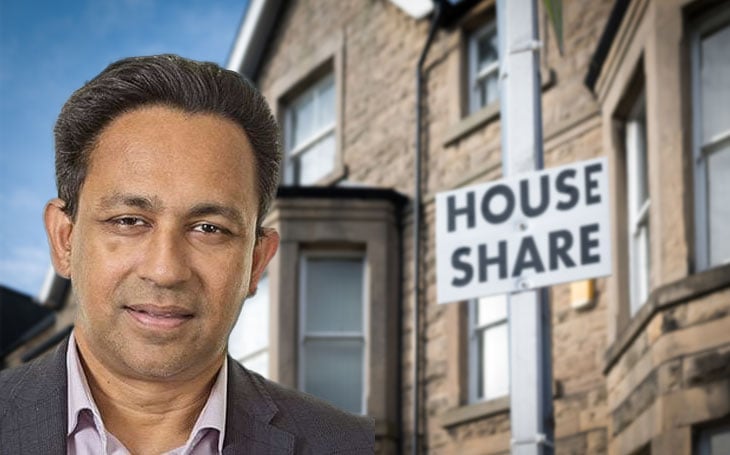CLAIM: HMOs are backbone of Britain’s rental market
Boss of property investment firm Mish Liyanage defends HMOs and says they offer a number of key benefits and should play a major part in the Government’s housing plans.

Houses in Multiple Occupation (HMOs) are rapidly becoming the backbone of Britain’s rental market and should be central to the Government’s property plans, according to Mistoria Group Founder Mish Liyanage.
He says: “These multi-tenant properties offer a practical solution that benefits investors, tenants and communities alike. The traditional buy-to-let model is being challenged by economic pressures and changing tenant needs.
HMOs deliver superior returns while maximising the use of existing housing stock at a time when we desperately need efficient, scalable solutions.”
“HMOs deliver superior returns while maximising the use of existing housing stock at a time when we desperately need efficient, scalable solutions.”
He points to data which shows the average HMO yield in the UK is 10.4% and as high as 15.4% in the North East.
He adds that: “With Britain facing an urgent housing shortage, HMOs make better use of existing properties. Converting a home into an HMO can accommodate multiple tenants – often four to six under one roof – instantly expanding affordable accommodation without the time, cost and planning hurdles of new builds.”
And he told News from Wales that they are meeting modern living preferences, too: “Shared living models resonate strongly with key tenant segments. Students, young professionals and key workers increasingly choose room-by-room tenancies for affordability and flexibility.
“Multiple occupancies provide diversified revenue streams, reducing income risk when individual tenants vacate and stabilising cash flow during economic uncertainty.”
Value-creation opportunities
Liyanage also says they offer excellent value-creation opportunities: “Converting standard homes into licensed HMOs can more than double rental income and boost capital values.”
And he defends their contribution to local communities, saying: “HMO developments stimulate local economies and address social housing needs. Renovation and maintenance work generate jobs for tradespeople, increase council tax revenues and fund vital services.
He concludes: “The property market is evolving, and those who recognise HMOs as strategic assets rather than niche investments will be best positioned for the future. Done responsibly, HMO development supports both profitable investment and community regeneration.”









